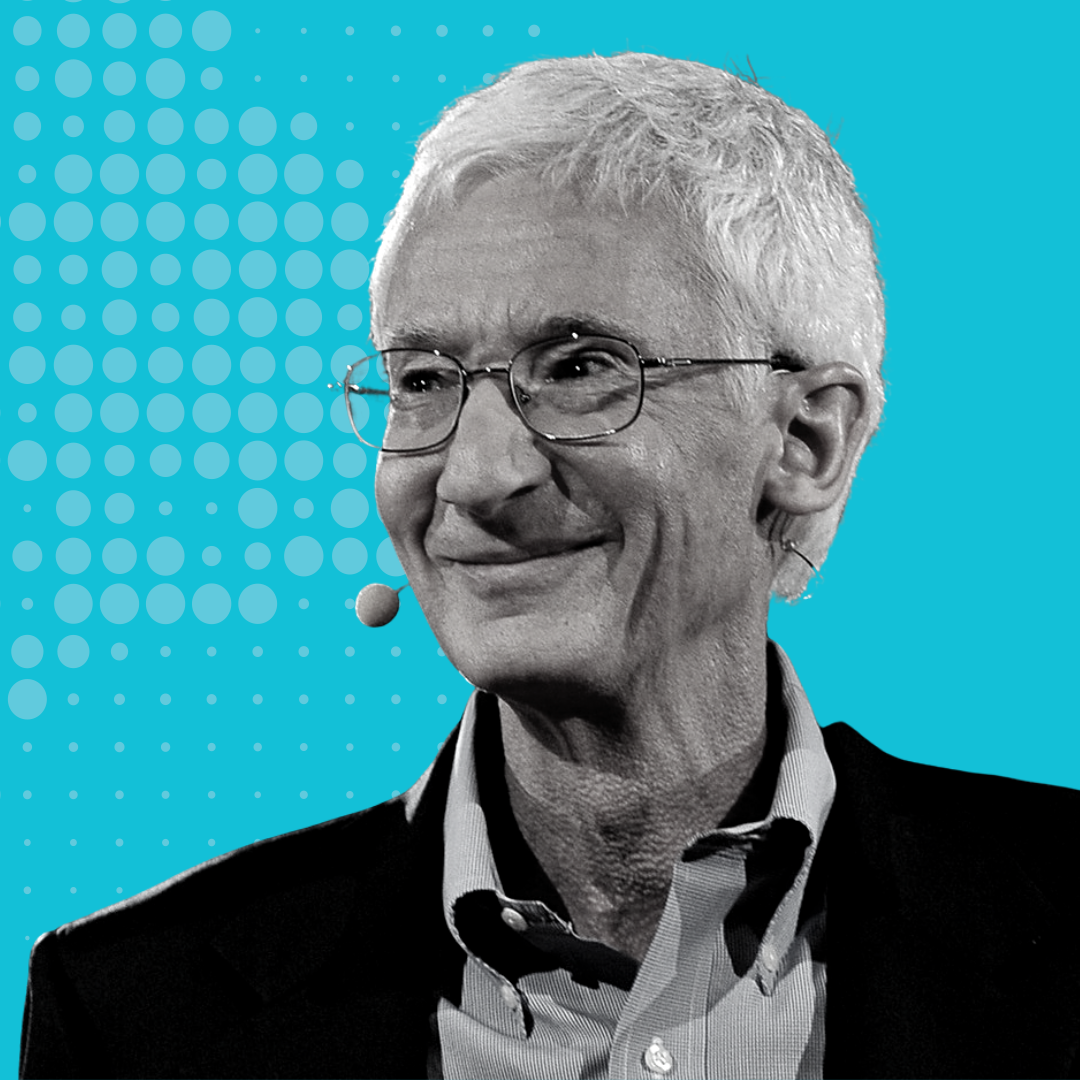In this intimate and heartfelt interview, Roland Griffiths, Ph.D., Professor in the Departments of Psychiatry and Neurosciences at the Johns Hopkins University School of Medicine, and founding Director of the Johns Hopkins Center on Psychedelic and Consciousness Research, reflects on his life’s work in the context of his cancer diagnosis.
Dr. Griffiths has been a pioneer in investigating the ways in which psychedelics can help treat depression, addiction and psychological distress in patients with a life-threatening cancer diagnosis. Now at age 76, Dr. Griffiths has been diagnosed with Stage 4 metastatic colon cancer.
How have you managed to navigate your cancer diagnosis and remain positive in the present?
Roland: Well, so many things have unfolded since the diagnosis. For the most part, absolutely wonderful, unexpected things. In reviewing the will and looking at the big picture, Marla and I came to ask ourselves, having lived together for 11 years, whether it would be meaningful to get married. We’d had this conversation repeatedly and concluded that there was no reason – that we were committed to one another. We valued our relationship, but there was something in reevaluating my life circumstance that led us to make that inquiry again. Initially, it was, “Why?” Then Marla, reflecting on it, said, “You know what? It would be meaningful to me to be married to say that you were my husband.” With that, it just instantaneously became important to me. We decided to get married and we did so in our home.
This is a team effort all the way. [Marla and I] agree that the most healthy thing we could do in terms of healing is to lean into this with gratitude and equipoise and love.
How has your diagnosis changed your priorities?
Roland: There was a magnitude; a degree of awakening that occurred that far surpassed anything I had before. It just became intensely important to be with what’s real, and then to practice gratitude and to prioritize how I’m going to live out the rest of my life. That shifted enormously with the diagnosis.
My bottom line is, how can I use my remaining time most effectively? There are things that I really want to be doing, things that are important. The prioritization of that becomes crystal clear. It’s really quite fun because you can cross stuff right off from the beginning like, ‘Do I need to manage this administrative detail in my life?’ ‘No.’ I no longer do that. It’s about relationships. It’s about family, friends, love.
How has the use of psychedelic medicines impacted your relationships? What do psychedelic therapies offer those facing a cancer diagnosis?
Roland: [A] sense of transparency has I think shifted my relationship with …everyone I encounter. I feel differently and maybe it’s less of an agenda, that there’s no point other than speaking the truth.
With respect to cancer patients, I would hope that they could draw on some of the things that have been so apparent for me, that there’s a way of entering into this space. There’s a way of experiencing all the discomforts of surgeries and chemotherapy and disappointments when new scans or new tests reveal that the treatment is not working. There’s a way of dealing with that that needn’t be painful or grief-filled. There’s a way of holding these experiences as just part of reality and being grateful for them.
What role do you see psychedelics playing at the end of life and the impact on this human experience?
Roland: What I see in end-of-life is number one, it’s a real understandable application or use case for psychedelics because it does address some of these deep existential issues that may not be at play with treatment of drug abuse or depression, for instance.
I think that if someone has this experience, this authentic experience, that everything is interconnected. There are different ways of having that. That can be introvertive, that one can have that going inward. It can be extrovertive, eyes open, but the conditions under which you and we have given psilocybin prioritize the introvertive experience because of the eye shades and the headphones. That sense of the interconnectedness, that it’s precious beyond belief, some people would use the word sacred, but the secularized description is precious beyond belief.
What we want is people to wake up to the fact that they don’t need to die to have the experience I’m having. It should be part of the human condition. It should be attainable in principle. That’s what we want. We want people to awaken to that as a possibility. Psychedelics are one of many ways to do that.
What would a good death look like for you?
Roland: My personal thought about that is that the probability of consciousness or life or something surviving death is extraordinarily low. I certainly can’t rule that out entirely because we’re actually into the mystery there. What occurs to me is that all it takes is a fra– 1 in 200 million. It could be 1 in 200 billion, but if there’s still a chance for that, then that makes this transition from life to death to be something that is deserving of a whole lot of curiosity and interest. I’ll be fascinated [laughs] to enter into that transition.
The neat thing is that I’ll probably know the answer to that. Either I’ll know nothing or I’ll know that there is something before any of you have a chance to experience that. A good death would be one in which I stay awake to that possibility.
This Q&A has been adapted from Dr. Roland Griffiths and his wife Maria’s original interview with Manish Agrawal, MD, of Sunstone Therapies. Watch the full interview here.
